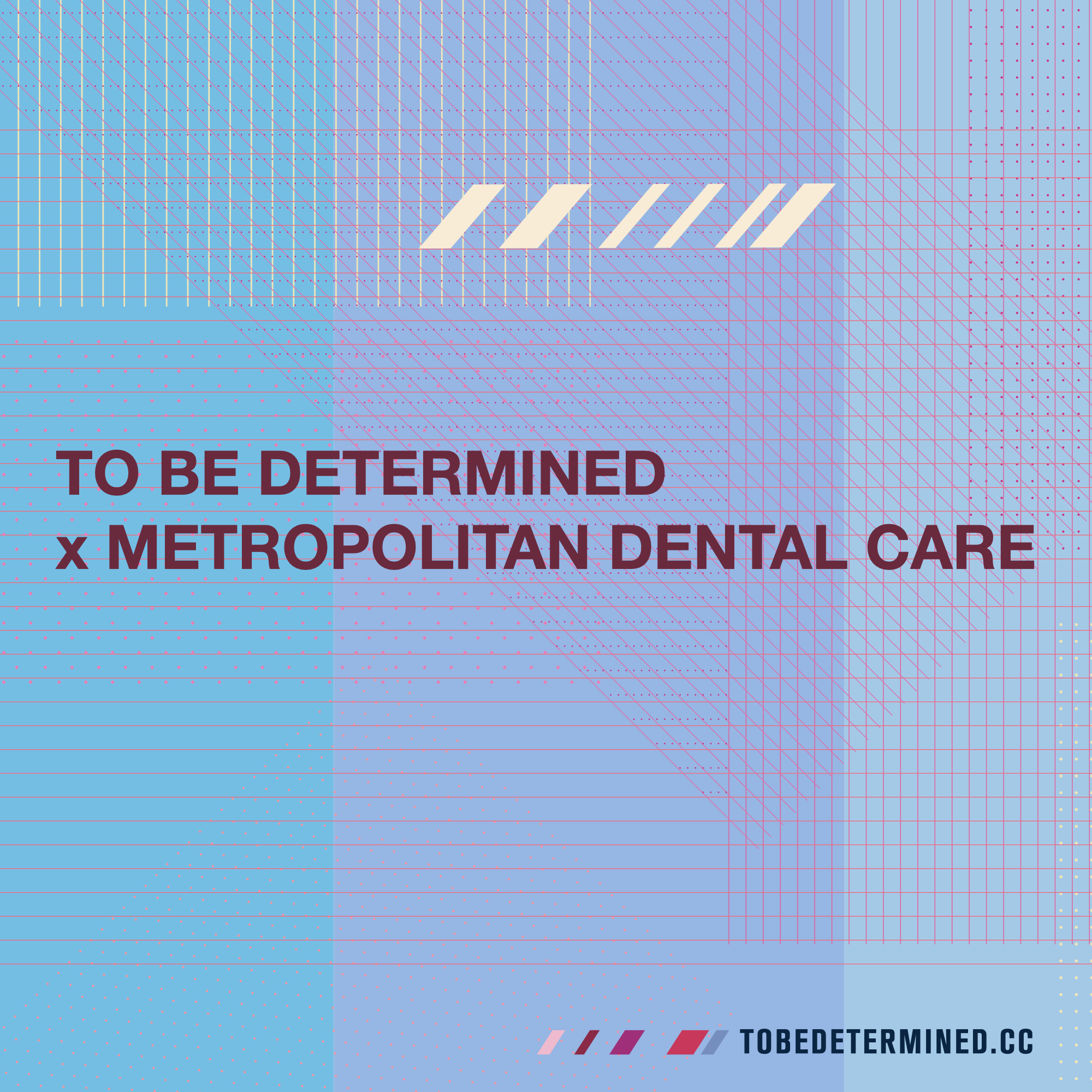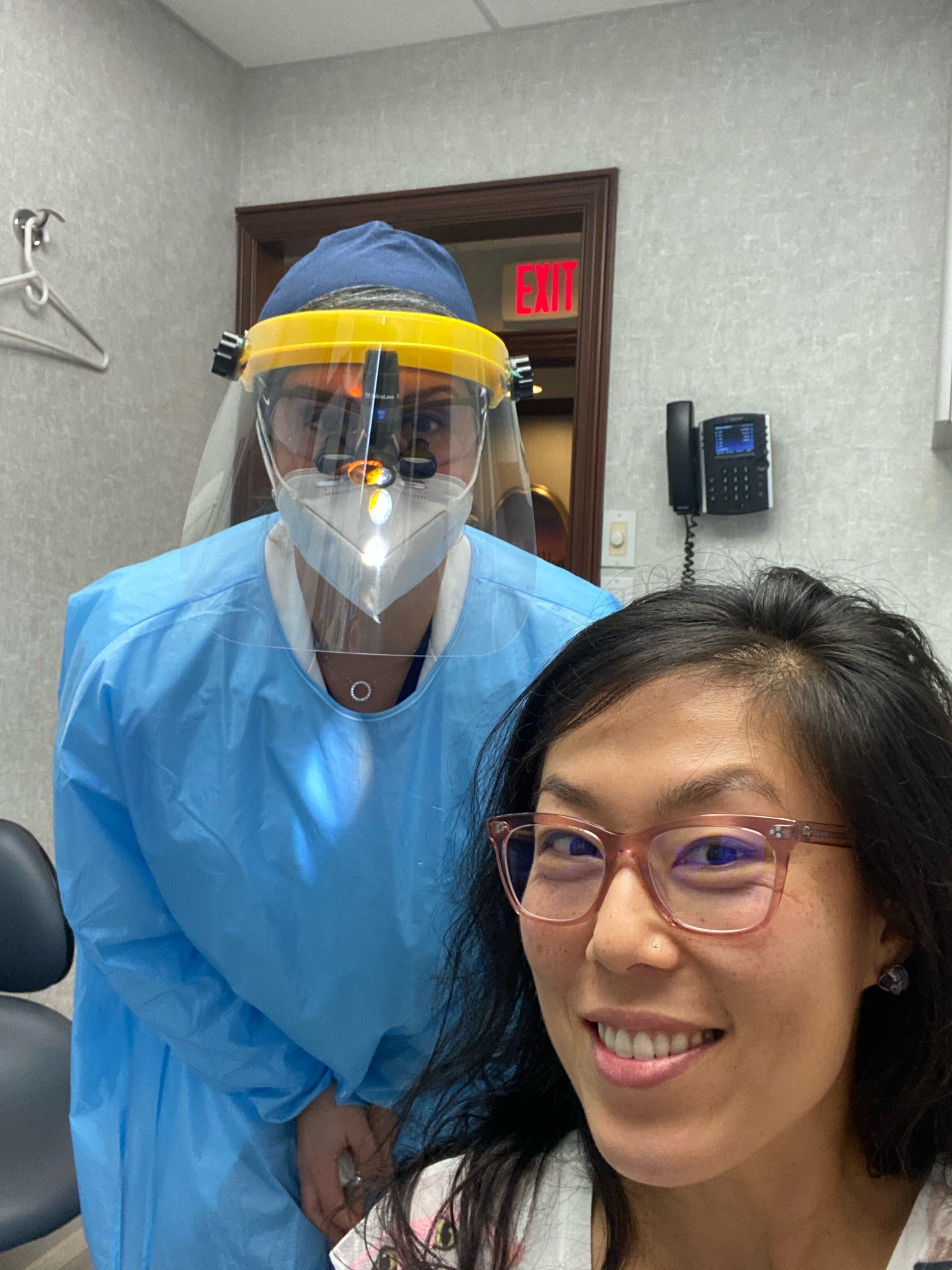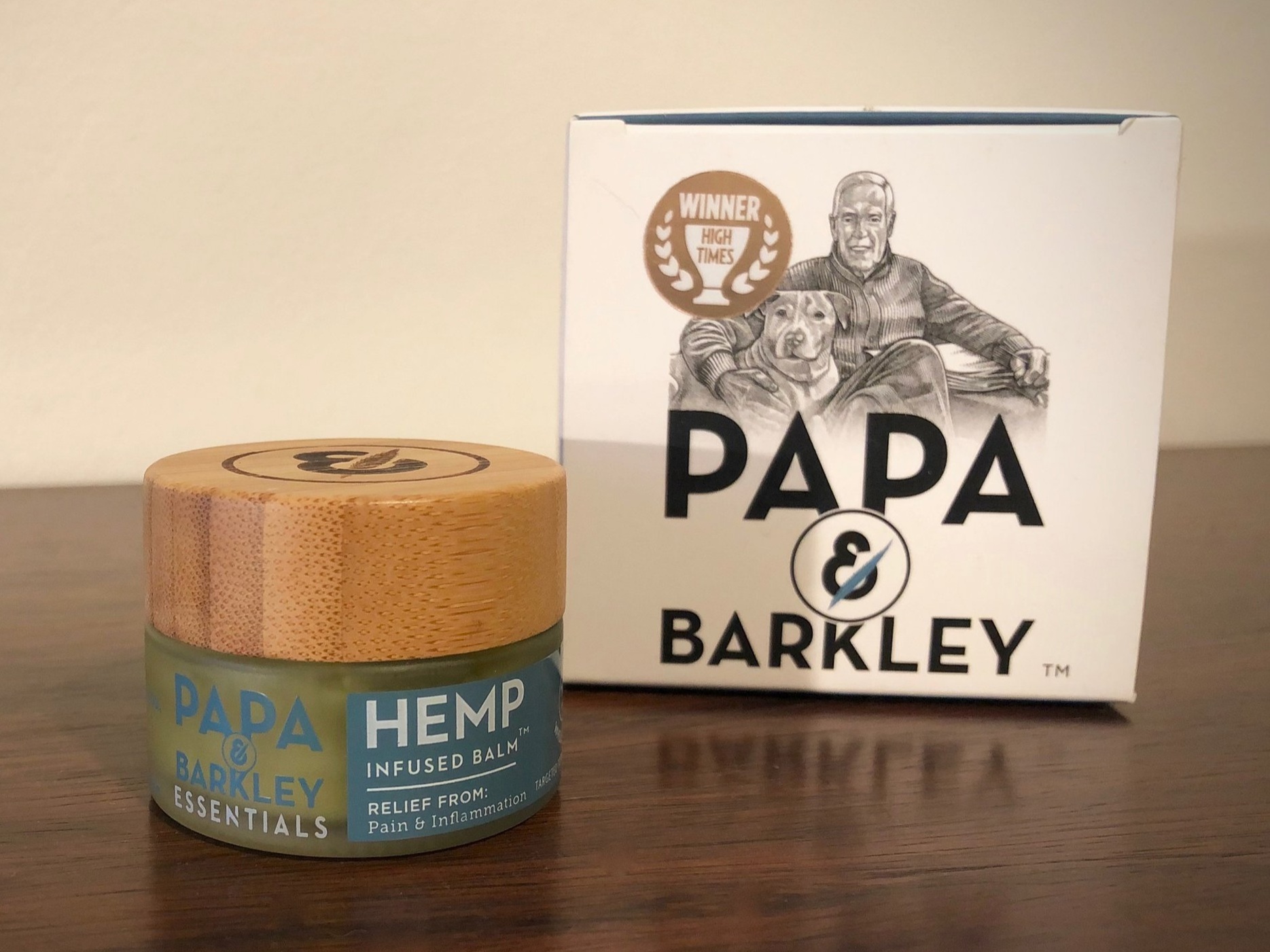MDC Oral Health Series: Tips for Endurance Athletes

TBD fb MDC title sponsor, Dr. Nicole Mermet of Metropolitan Dental Care, is a cyclist, and also cares for many endurance athletes in her practice. We invited Dr. Mermet to give us some practical preventative tips to boost oral health, as well as provide insight into common issues she sees in her current patient population, especially those relevant to cyclists. We bet you’ll learn something new, and find these tips useful in promoting better dental health and overall wellbeing.
As endurance athletes, we spend a significant portion of our time, money, and energy caring for our bodies. We strive to maintain a competitive power-to-weight ratio, we calculate how many calories we need per hour on a long Saturday workout, and we carefully plan our workout nutrition. Unfortunately, as much as we care about our overall health, we sometimes neglect our teeth.
Just as our quadriceps, hamstrings and hip flexors give us power on the bike or a run, our teeth are the initial workhorses of our digestive systems. We can all appreciate how important nutrition is on a six-hour workout and while many of us love Clif Block Shots and chewy sports bars, most of us do not have a toothbrush and fluoridated toothpaste in our jersey pocket. However, our teeth and gums must stay healthy to keep us fueled.
Prevention
Brushing and Flossing
Although it seems overly obvious, brushing as soon as you get home from a workout is crucial. Your teeth are exposed to sugary nutrition during a long ride or run. That residue must be immediately removed and the proper pH in your mouth should be restored as soon as possible. Flossing should be done at least once a day, preferably at night. In addition to preventing cavities and gum disease, it removes harmful bacteria from your mouth and reduces inflammation in your body. Flossing daily is one of the fastest, simplest ways to extend your lifespan.
Flossing daily is
one of the fastest, simplest ways
to extend your lifespan.
Dr. Mermet
Fluoride Rinses
In addition to fluoridated toothpastes, fluoride rinses are a helpful adjunct in a home dental care regimen. ACT is an example of one of these over-the-counter rinses and can be used after flossing and brushing. If an athlete is partaking in long training sessions, carrying a small bottle of fluoride rinse, such as a travel size of ACT, to use mid or post workout would help to restore the intraoral pH to a more neutral, less harmful state. In fact, even rinsing with plain water can be beneficial.
Fluoride Treatments
When seeing your dentist for regularly scheduled exams and cleanings you can request fluoride treatments. Although it may not be covered by insurance, this is a higher level of fluoride than is available in OTC products and it is very beneficial to the dentition. Fluoride is extremely important for endurance athletes because it promotes re-mineralization in enamel that has been compromised due to prolonged exposure to sugar, carbohydrates, and acidic race nutrition.
Fluoride Trays
Sometimes regular fluoride treatments with your dentist are not enough to prevent tooth decay. Your dentist can have custom fluoride trays fabricated for you. You can also ask for prescription strength products like Prevident to use at home.
Sealants
Sealants are resin-based preventative coatings placed on the chewing surfaces of posterior teeth. While you may have had them placed as a child, they can wear out over time. They would be very helpful on un-restored molars of adults to prevent decay, especially if you enjoy chewy-textured sports nutrition.
Diagnosis
Regular Exams
It is very important to see your dentist for regularly scheduled exams and cleanings every six months to determine if there have been any clinical changes. However, many adults benefit greatly from having these services every three to four months. Consult with your dentist about what is best for you.
Radiographs
While some patients do not like the idea of getting x-rays, they are an integral part of the exam. There is no way for a dentist to fully determine if there is decay developing between the teeth without them. Generally speaking, bitewing radiographs are taken annually and a full mouth series is taken every three to five years. It is important to diagnose decay in its earliest stages to minimize the size and complexity of restorations.
Possible Health Consequences to Poor Oral Health
We have long known that the strains of inflammatory bacteria that cause periodontal disease (gum disease) or even milder gingivitis (gum inflammation) are the same strains of inflammatory bacteria that cause inflammation around the heart. In other words, there is evidence that decreasing inflammatory gingival (gum) bacteria by daily flossing can also decrease inflammatory bacteria in and around the heart. As an athlete, your mouth will not be the only system benefiting from daily flossing because your heart will also benefit by having less work to do with decreased levels of inflammatory bacteria floating through your bloodstream. The following systemic health conditions have been found to have correlation as cited by Thomas J. Salinas, D.D.S. writing for the Mayo Clinic.
-Gum disease (periodontitis) is associated with an increased risk of developing heart disease.
-Poor dental health increases the risk of a bacterial infection in the bloodstream, which can affect the heart valves. Oral health may be particularly important if you have artificial heart valves.
-Tooth loss patterns are connected to coronary artery disease.
-There is a strong connection between diabetes and cardiovascular disease and evidence that people with diabetes benefit from periodontal treatment.
The Takeaway
There is a strong integrative, systemic importance to good oral hygiene that benefits not only your oral health, but your overall health and performance as an athlete. In other words, flossing may make your heart more efficient, making you a faster cyclist!
Do you have additional questions for Dr. Mermet? Please comment or send us a suggestion for topic you’re interested in learning about.
I am a New Yorker who rides bikes of all kinds, sometimes runs, loves cats, and nerds out on transit justice issues. I am an advocate at heart and a member of the All Powerful Bicycle Lobby, though opinions here are my own.
Instagram: @luciadlite
Twitter: @luciadlite
E-mail: lucia@tobedetermined.cc












